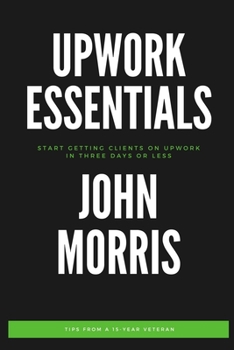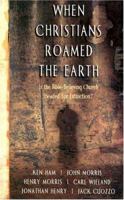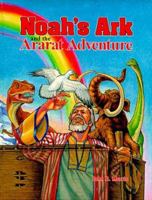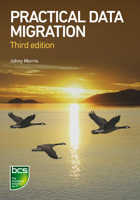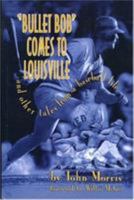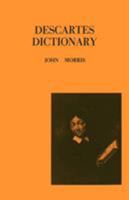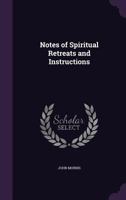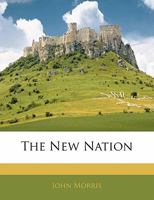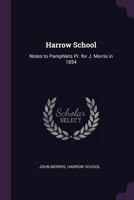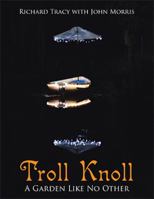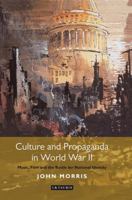Upwork Essentials: Start Getting Clients On Upwork In Three Days or Less
Select Format
Select Condition 
Book Overview
What does it REALLY take to be successful on Upwork? The 20% that will create 80% of your results? That's the point of Upwork Essentials -- to teach you that 20%. When I first started on Upwork, everybody told me I had to pay my dues, build my job history with small projects, get to Top Rated status and THEN I could start landing bigger projects and making real money.Instead, the first project I landed was for $2191.78. Not bad for a complete beginner. I landed several more projects like that and hit over $10K in earnings in my first few months. Years later, I decided to teach what I knew about Upwork. THIS book, though, is a distillation of what I did in those first few months to get started so quickly. A method I've taught now to over 6,000 students, many of whom who have seen a dramatic change in their results in just days. Even more, who've applied the principles long-term and built sustainable freelance businesses for themselves using Upwork.Of course, the book is NOT for everyone. If you're looking for "whiz-bang" or "bright" and "shiny", this book isn't for you because it's really about fundamentals. Understanding how Upwork's Search and Suggestion actually works, building your profile to rank higher in that engine and bidding on jobs that fit the overall strategy (instead of focusing solely on the money).If you're new to Upwork or have been on the platform for awhile, but have struggled... this book is for you. I'll teach you my Rank and Relevance Framework to start getting clients right away and build a sustainable Upwork business.
Format:Paperback
Language:English
ISBN:B08FP25KJV
ISBN13:9798675411870
Release Date:August 2020
Publisher:Independently Published
Length:90 Pages
Weight:0.29 lbs.
Dimensions:0.2" x 6.0" x 9.0"
More by John Morris
Customer Reviews
5 customer ratings | 5 reviews
There are currently no reviews. Be the first to review this work.











